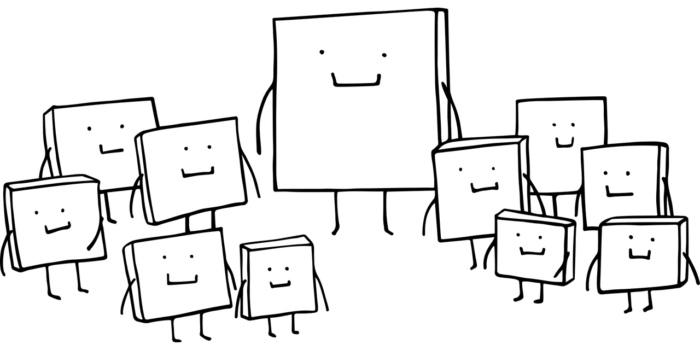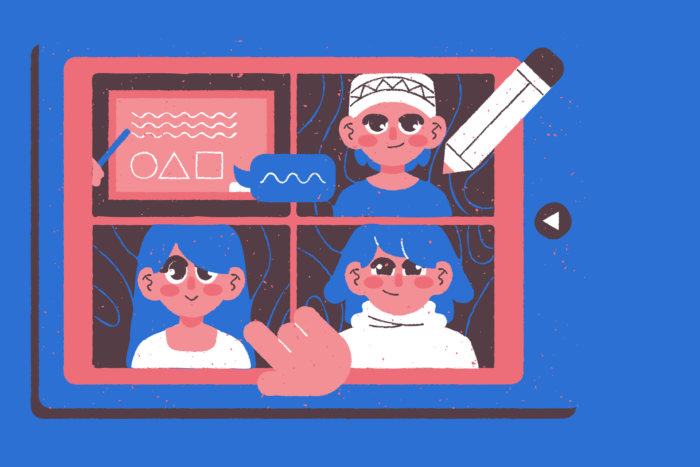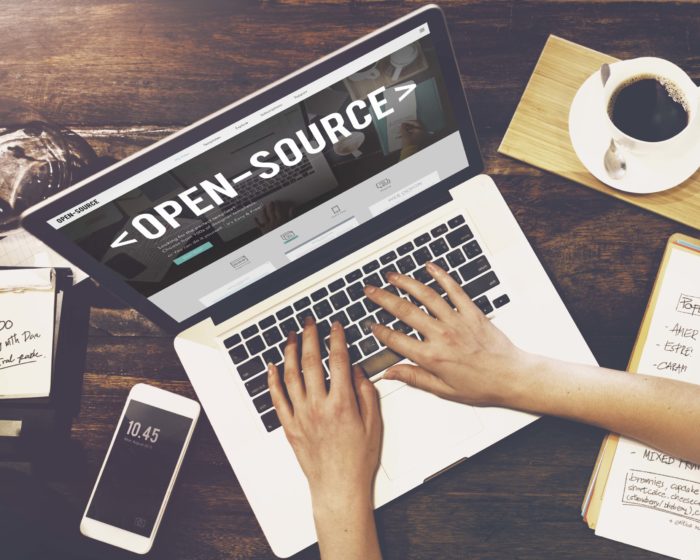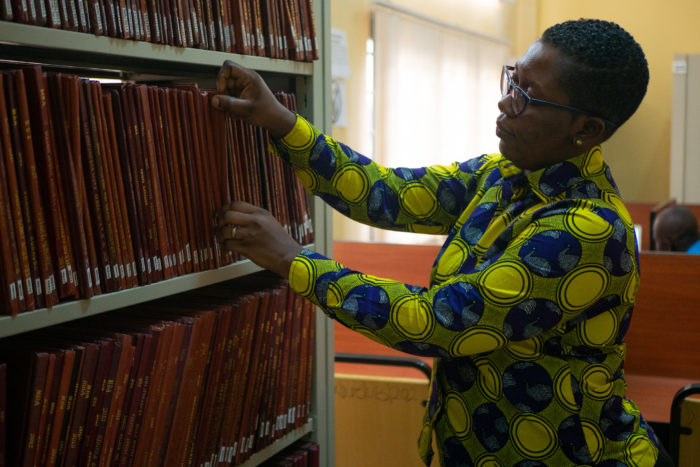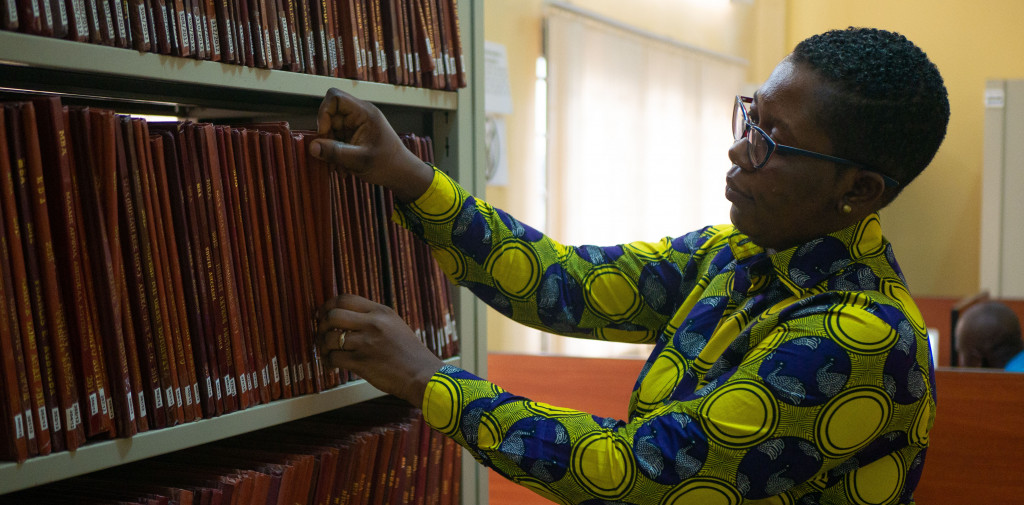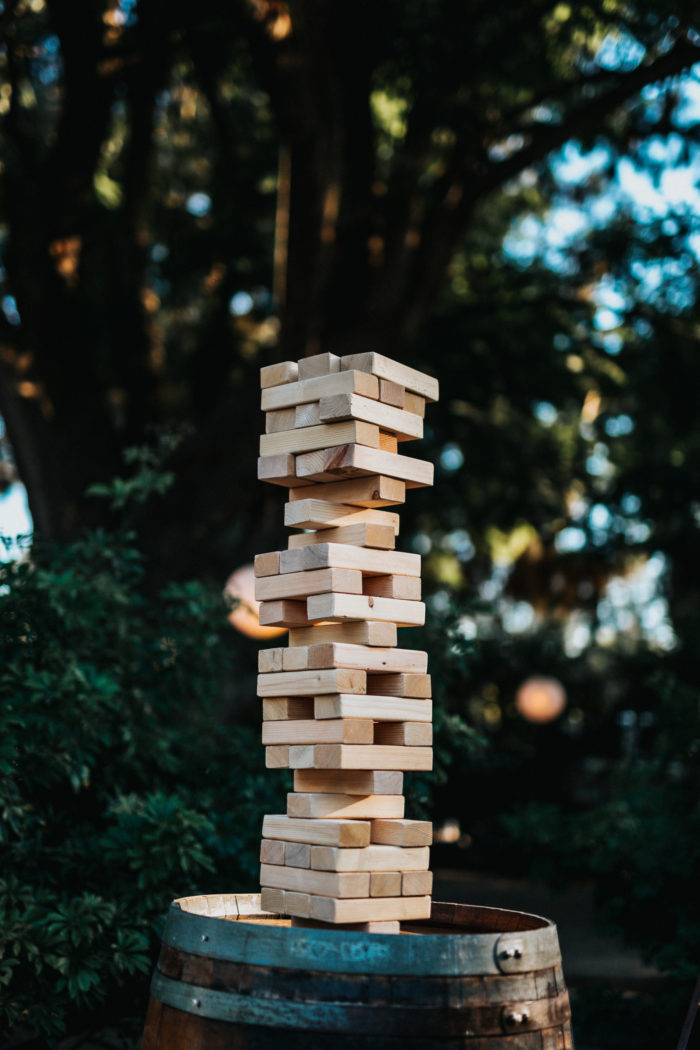Climate change poses a set of threats to education continuity, quality, holistic development, and overall wellbeing of the teaching and learning community. Small island developing states (SIDS) are anticipated to experience some of the greatest effects of climate change, including sea level rise, cyclones, rising temperatures, and altered rainfall patterns. This undoubtedly impacts education.
Globally, the education sector faces multiple challenges that invite us to innovate. With every project developed, we expect to contribute to healthier, more resilient education communities to ensure both students and educators reach their full potential.
The Safe School programme, which is a collaboration between Caribbean Disaster Emergency Management Agency (CDEMA) and OpenDevEd, constitutes a participative design-based intervention research. As a result of that, we have had the opportunity to work closely with teachers, principals, geospatial departments, youth, and women’s organizations, and many other community stakeholders to collectively think about resilience and continuity amidst crises.

